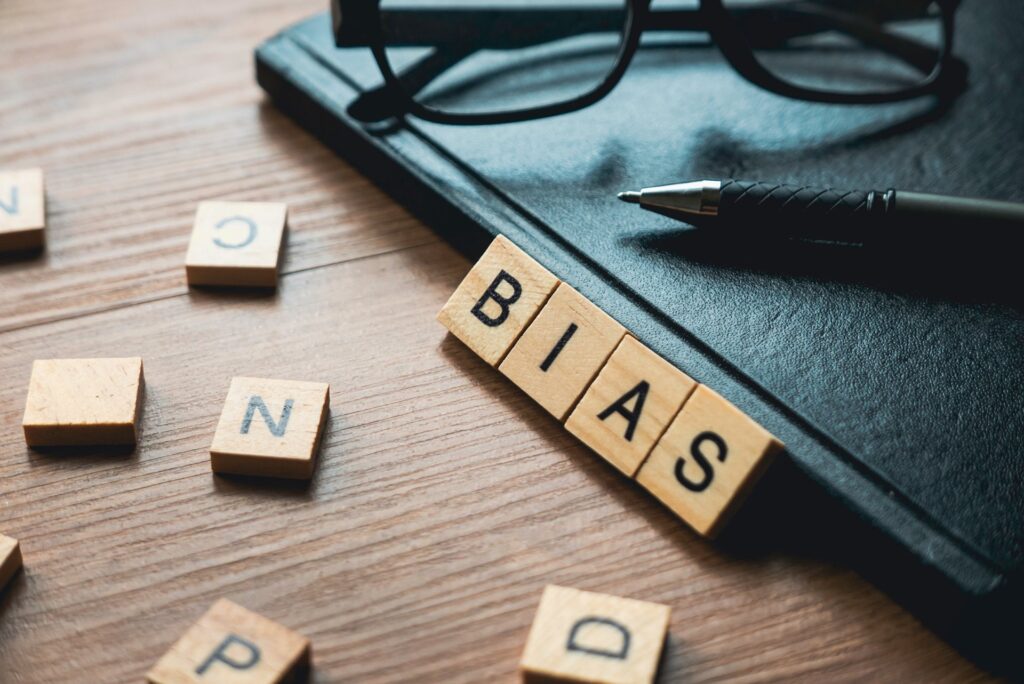Implicit bias plays a major role in employment decisions, influencing hiring, promotions, and workplace evaluations in ways people may not realize. Even when employers aim for fairness, unconscious biases can shape decisions and lead to unequal treatment. Understanding how these biases work and taking steps to reduce them is key to creating a fair workplace.
How Implicit Bias Affects Hiring
In hiring, implicit bias can cause employers to favor candidates who seem familiar or similar to them, often without realizing it. This can happen in the way resumes are screened, how job descriptions are written, and how interviews are conducted. Certain words in job descriptions may discourage diverse applicants, limiting the talent pool before hiring even begins.
Bias in hiring can also come from resume-screening software, which often relies on past hiring data. If that data reflects biased patterns, the software may continue filtering out applicants based on factors unrelated to their qualifications. During interviews, unconscious stereotypes can influence how questions are asked and how answers are interpreted. These biases can lead to qualified candidates being overlooked simply because they don’t fit an employer’s preconceived idea of the “right” hire.
Bias in Promotions and Evaluations
Implicit bias doesn’t stop once someone is hired. It can also affect workplace evaluations and promotions. Employees from different backgrounds may be judged by different standards, leading to uneven opportunities for advancement. In some cases, workers may have to prove themselves more than their peers to be considered for leadership roles.
Performance reviews often reflect these biases. Employees from underrepresented groups may receive less credit for their contributions or face harsher feedback compared to others. Over time, these small but consistent disadvantages can limit career growth and reinforce workplace inequality.
Reducing Bias in the Workplace
Many companies in New York are working to reduce employment bias through diversity and inclusion programs. These initiatives help employers and employees recognize their biases and take steps to minimize their impact.
One approach is to make hiring processes more structured. Blind resume reviews, standardized interview questions, and objective evaluation criteria can help remove bias from hiring decisions. In performance reviews, using clear and measurable standards ensures that all employees are judged fairly.
While these strategies can help, they don’t always eliminate bias entirely. If an employee believes they have been negatively affected by implicit bias in hiring, promotions, or evaluations, they may need legal support to protect their rights.
Seeking Legal Help for Employment Bias
If you suspect implicit bias has affected your job opportunities, an employment lawyer can help you understand your rights and take action. A lawyer can analyze hiring and promotion patterns, identify discrimination, and navigate legal options to help you get fair treatment.
At Gash & Associates, P.C., we advocate for employees who have experienced bias in employment decisions. If you believe you’ve been unfairly treated, contact us at (914) 328-8800 to discuss your case and explore your legal options.

